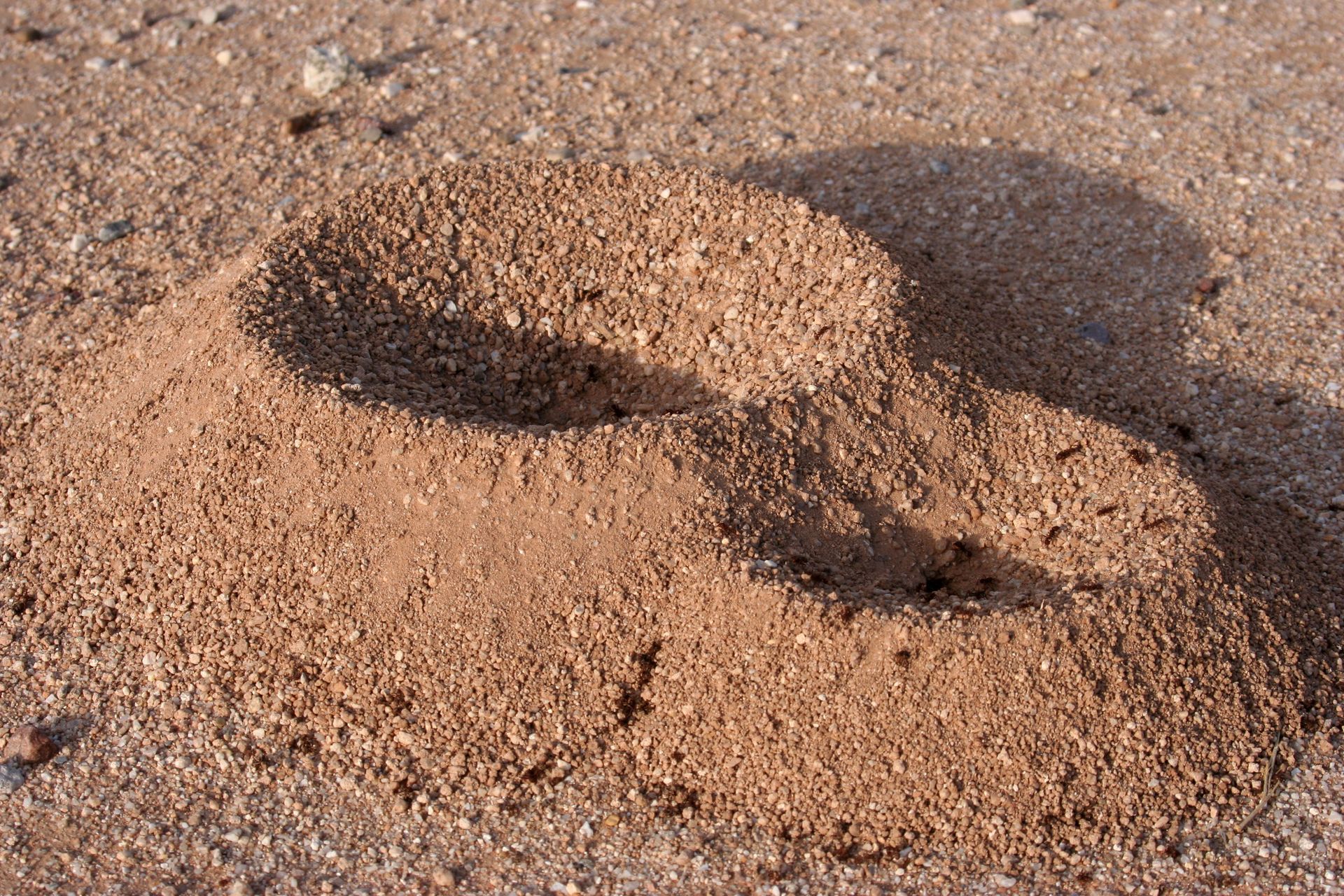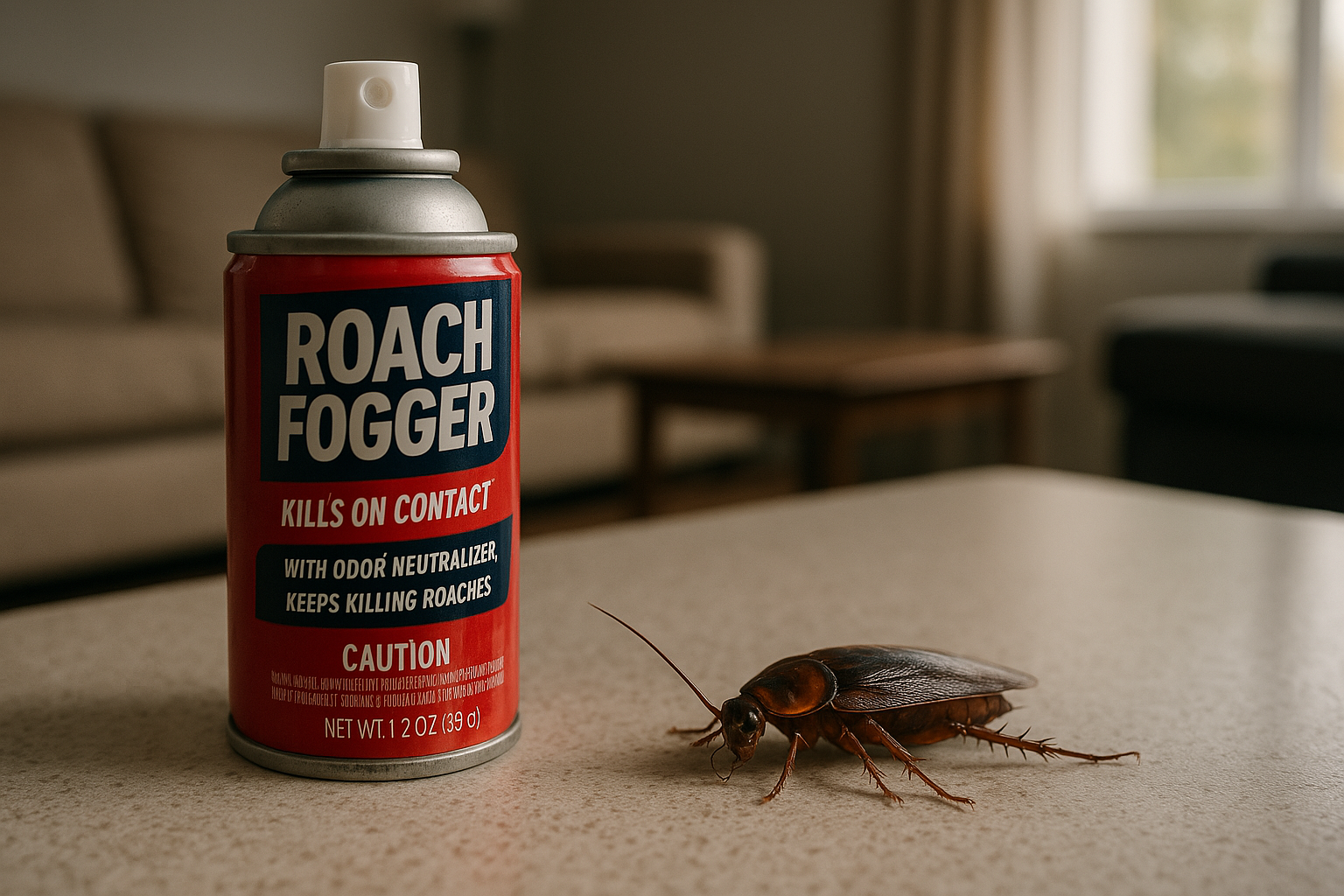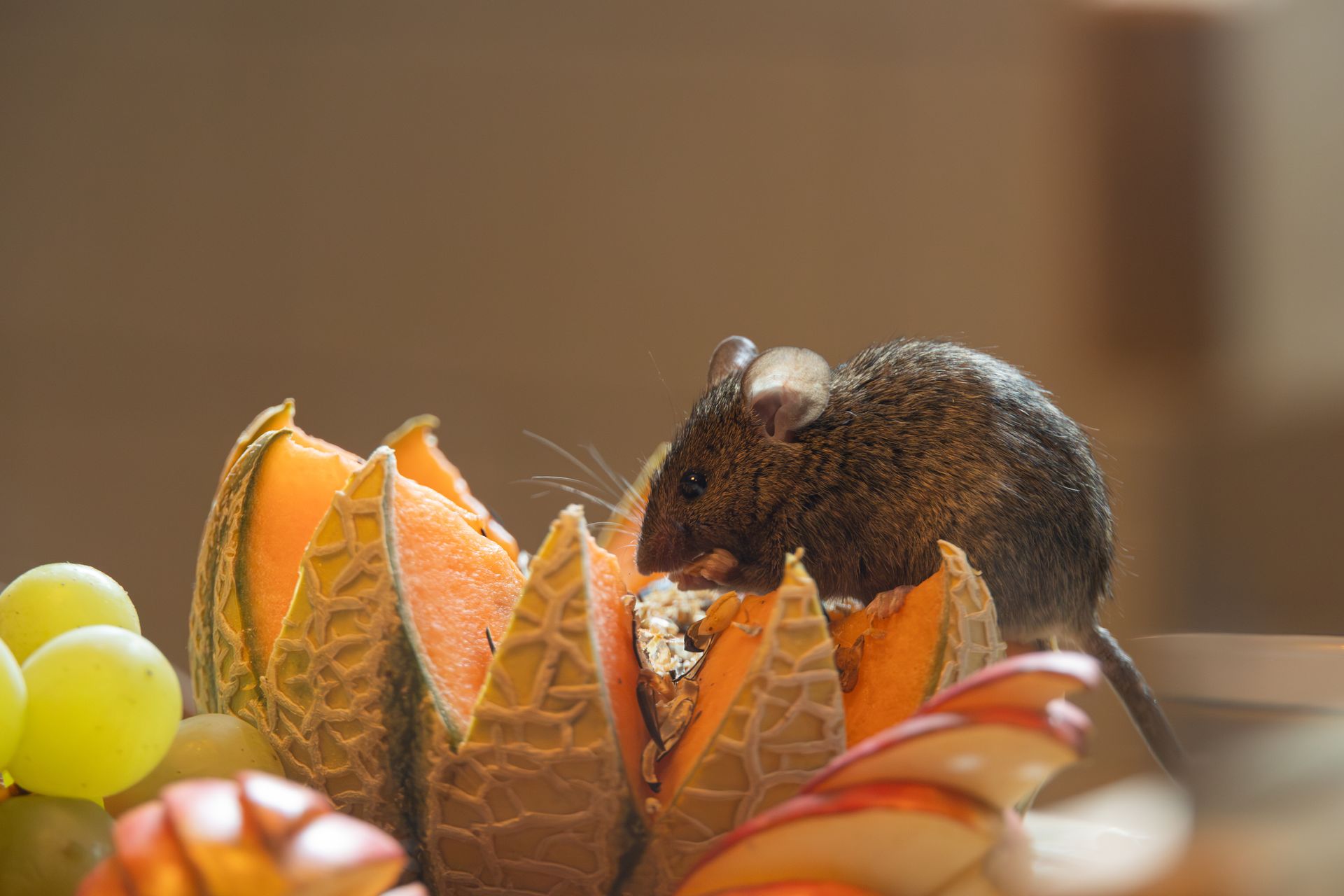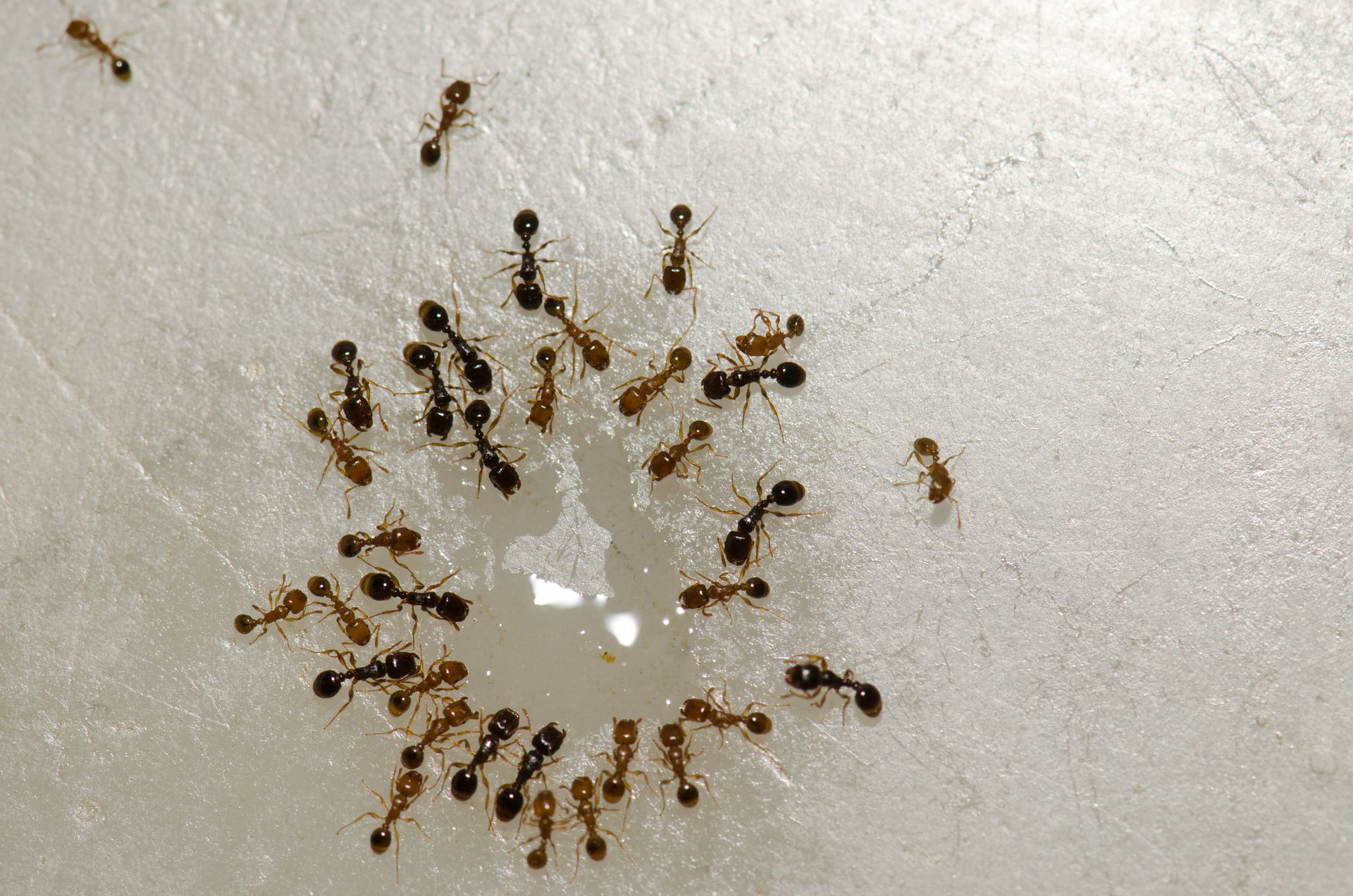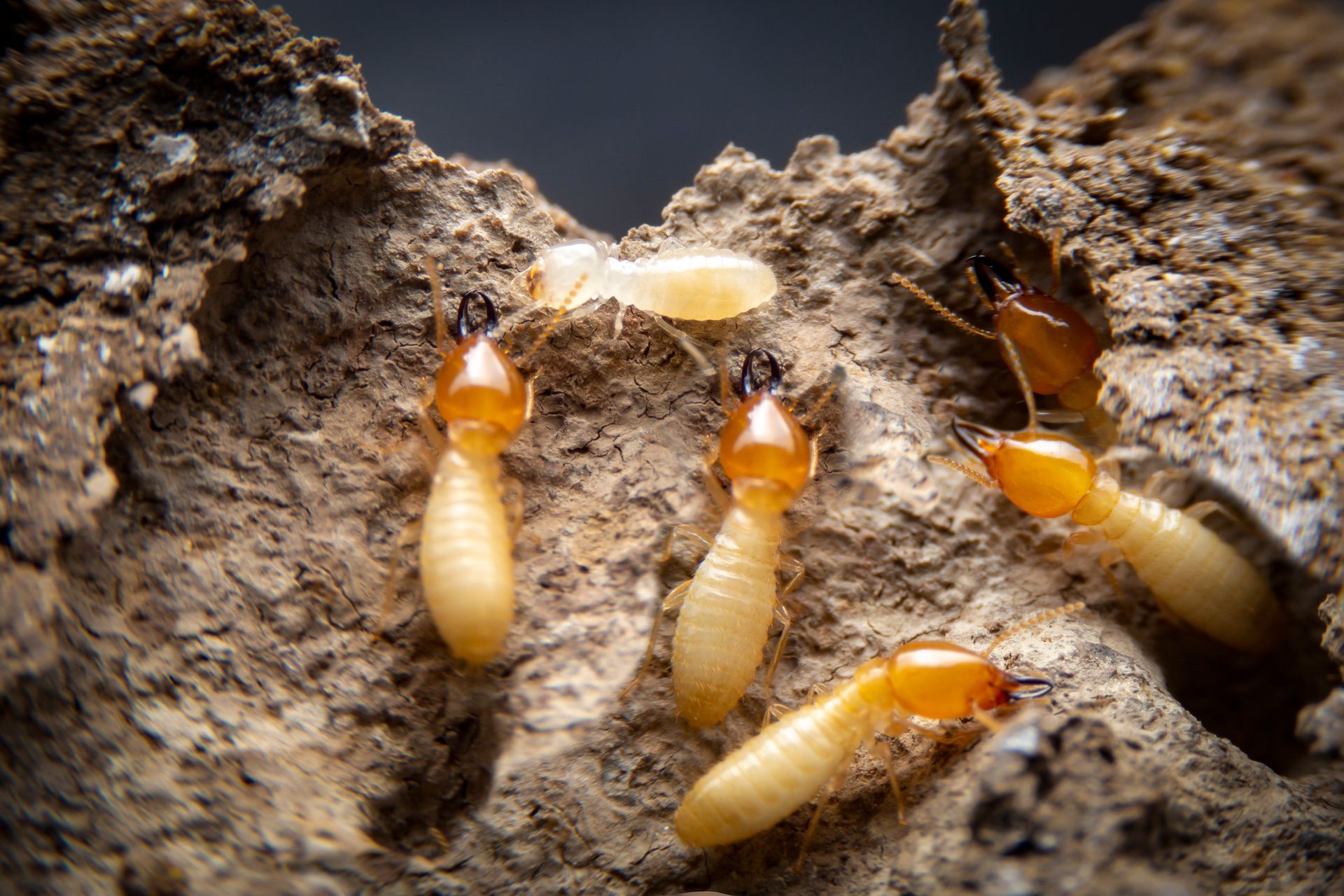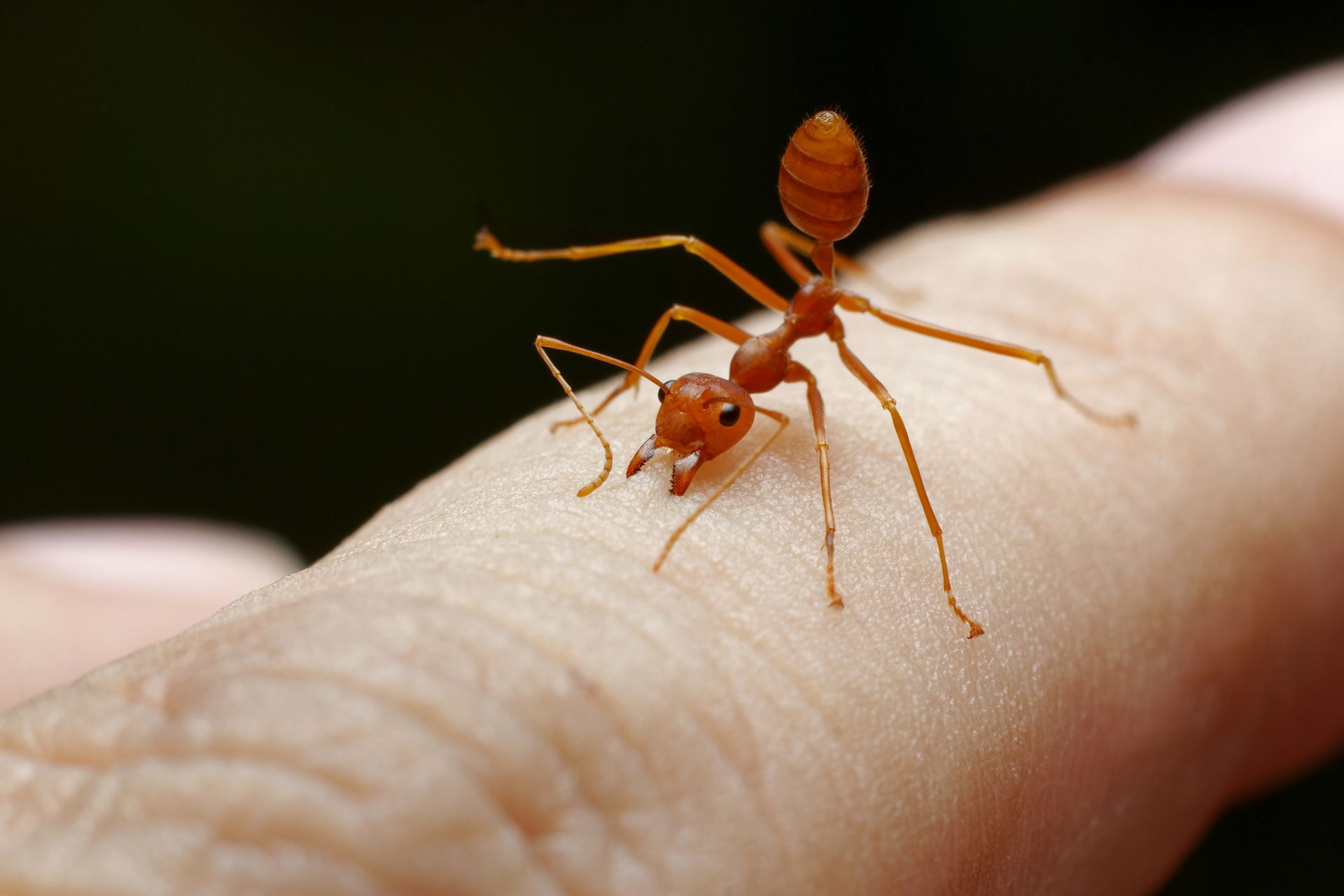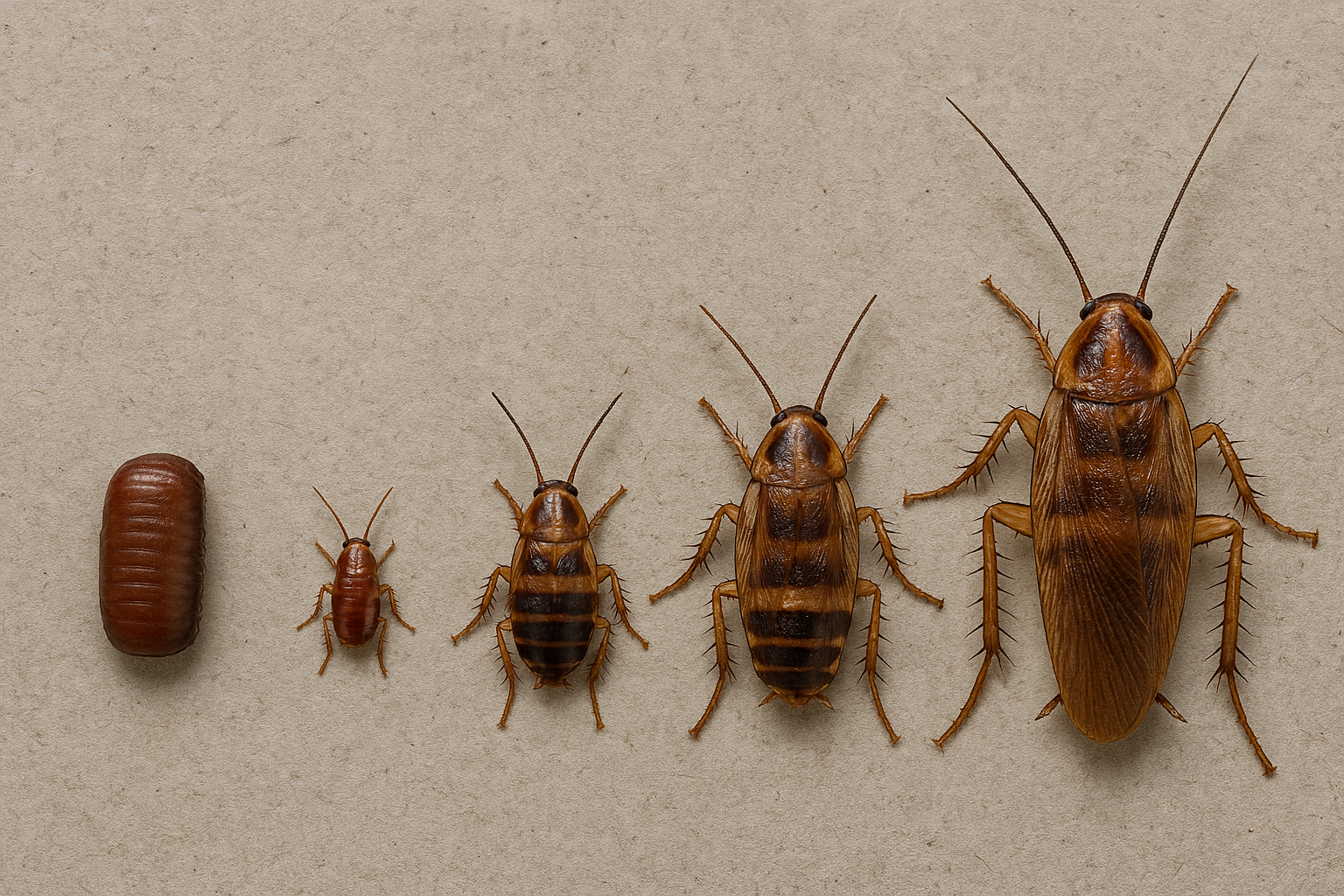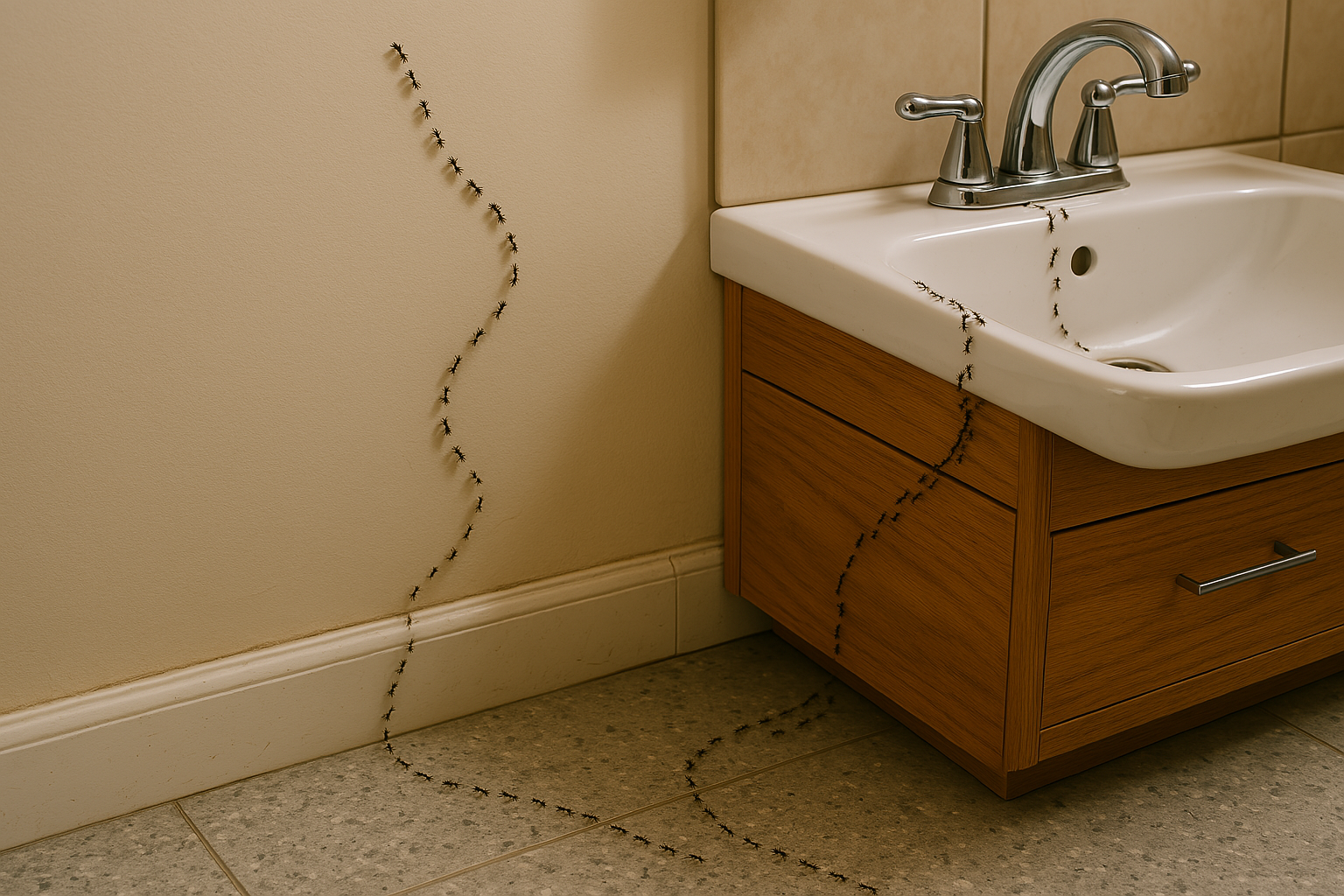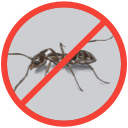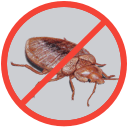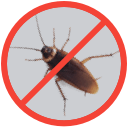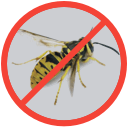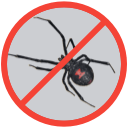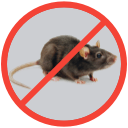When Do Mosquitoes Come Out?

Most species of mosquitoes are nocturnal, because the middle day sun is too hot for the mosquitoes to survive. Direct sunlight and heat will quickly bake the small insect and cause it to dry up. This causes mosquitoes to rest in cold, dark places until the sun starts to go down. Mosquito activity normally starts to increase when it starts to get cooler in the late afternoon. They will come out to feed and then stay active throughout the night until sunrise.
The time of year in which “mosquito season” starts depends on location. Typically, in areas that experience the change in seasons, mosquito season starts in spring and ends in fall. By wintertime, most mosquitoes have taken shelter to hibernate through the colder months.
Are Mosquitoes Nocturnal?
Most species of mosquitoes are nocturnal due to their inability to survive mid-day heat and sun. At this time, the temperatures are just too high for the mosquitoes, and the heat can cause the mosquitoes to dehydrate and die. There are some species of mosquitoes, like the Aedes Aegyptus and others from the Aedes genus, that are diurnal and prefer to feed during the day. These species just have to find safe environments that provide them cover from the elements. Most species, however, take shelter anywhere they can find an escape from the midday sun to rest so they can hunt at night.
Where do Mosquitoes Hide During the Day?
During the day most mosquitoes rest in heavily wooden areas that contain shrubs, trees, and wood debris to hide in. This gives them a dark, cold, and safe place to retain energy while they wait to feed again. They will mostly be dormant in these shaded areas unless disturbed by a potential host. Mosquitoes aren’t just hiding out in natural settings; they are pervasive and have managed to find their way into cities. In more urban areas, if they find a cool, air conditioned, structure they will also use that as a place to rest. Anywhere that protects them from the sun, should be considered a potential mosquito harborage point.
Where are Mosquitoes Most Active?
Mosquitoes are most likely to be found in the woods, wetlands, and around bodies of water. These places provide them adequate shelter and moisture to survive and mate. They are adaptable though, so mosquitoes can also be found in extremely urban areas. Anywhere that provides them with enough shelter and water to lay eggs is a good place for a mosquito population to grow.
When is Mosquito Season?
Mosquito season is largely dependent on location and temperature rather than a specific time of year. Some places that stay warm and humid all year round will have mosquito populations that never go off to hibernate. Other places that experience the change in seasons will see mosquito populations drop significantly the colder it gets. In places that experience a cold winter, mosquito seasons generally starts in the warmer months when the temperatures climb past 50-degree Fahrenheit. This is the temperature that mosquitoes will come out of hibernation and start to lay eggs again. This generally happens between February and May depending on location.
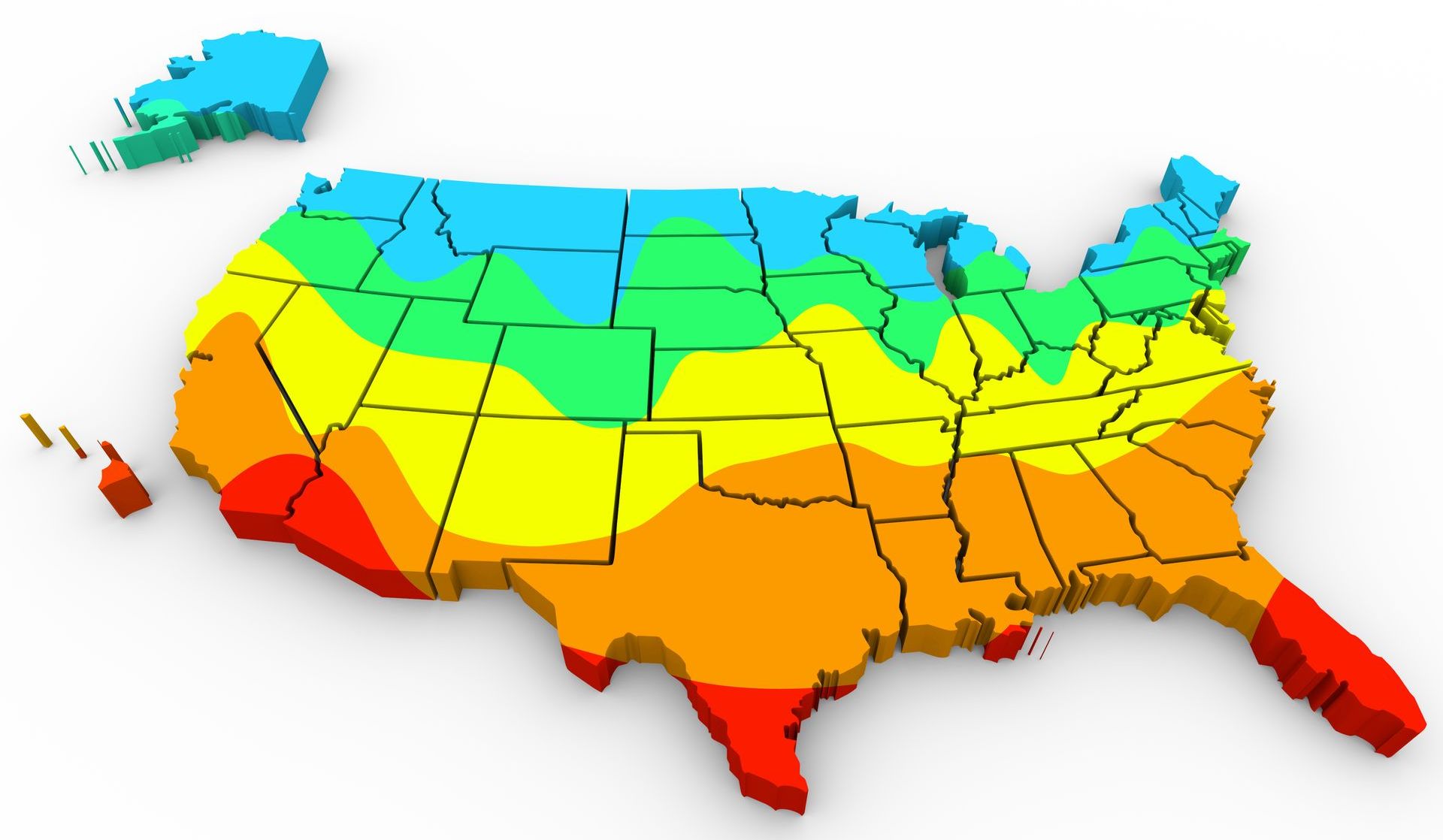
#1 Southern Gulf States, Desert Regions, & Hawaii
Color Code: Red
Includes: Florida, Texas, Louisiana, California, Arizona, Hawaii
Mosquito Season: Early February - November
#2 West Coasts & Southern States
Color Code: Orange & Yellow
Includes: California, Oregon, Washington, Nevada, Arizona, New Mexico, Texas, Oklahoma, Arkansas, Louisiana, Mississippi, Alabama, Georgia, South Carolina, North Carolina, Virginia
Mosquito Season: Early March - September
#3 Interior Upper Northwest, Midwestern States, Atlantic States
Color Code: Green
Includes: Oregon, Washington, Idaho, Nevada, Utah, Colorado, Nebraska, Kansas, Iowa, Missouri, Kentucky, Tennessee, Illinois, Indiana, Michigan, Ohio, West Virginia, Virginia, Pennsylvania, New York, Maryland, Delaware, New Jersey, Connecticut, Rhode Island, Massachusetts, Vermont, New Hampshire, Maine
Mosquito Season: Early April - September
#4 Northern States
Color Code: Blue
Includes: Montana, Wyoming, North Dakota, South Dakota, Minnesota, Wisconsin, New York, Vermont, New Hampshire, Maine, Alaska
Mosquito Season: Late April / Early May - September
When Does Mosquito Season End?
Mosquito season ends when temperatures consistently stay below 50 degrees Fahrenheit for an extended period. By this time, a large portion of the mosquito population will start seeking out a dark, damp place to lay dormant through the winter. There are periods where a warm snap may come early and bring hibernating mosquitoes back to life for a short period.
Where Do Mosquitoes Go in Winter?
Most mosquitoes will start to look for places where they can rest undisturbed for a long period once the temperatures consistently reach below 50 degrees Fahrenheit. They can be found nesting in hollow tree stumps, vacant animal burrows, and anywhere that can keep them from freezing in the cold.
How Cold Does It Have to Get to Kill Mosquitoes?
Mosquitoes are only at risk of freezing in colder climates. In most temperate climates and tropical climates, mosquitoes will thrive and be able to survive winters. However, if the temperatures drop below freezing, mosquitoes will only be able to last for so long. After a few days of consistent freezing below 32 degrees Fahrenheit, mosquitoes will start to die off.
Why Should You Be Concerned About Mosquito Season?
The most concerning thing about an oncoming mosquito season is the increased likelihood of being bitten by mosquitoes. For some people, this doesn’t matter at all because some people are not preferred by mosquitoes due to their blood type. For other people this is not a major issue because most people have a minor response to mosquito bites. Others, however, may have serious problems due to an allergic response, or even worse the transmission of a mosquito borne disease. Globally, mosquitoes are the most dangerous species of animal or insect on the planet. They are responsible for millions of deaths around the world every year. There are over 175 known species of mosquitoes in America. Each of these species are known to carry serious mosquito borne diseases like west Nile virus, chikungunya virus, zika virus, and parasites. In order to avoid these risks, serious mosquito management strategies must be implemented when mosquito season gets close.
How to Prepare for Mosquito Season
Every year homeowners who want to minimize the likelihood of a persistent mosquito problem should take preventative measures to stop them before their populations get out of hand. The following checklist should give homeowners a good start in attempting to keep mosquito populations under control:
- Remove any standing water. Mosquitoes need less than a bottle caps worth of water to lay hundreds of eggs. Be sure to empty out any plant basins, pet dishes, and bird baths that may contain water to try and stop mosquitoes from using your space as a breeding ground. If there are ponds that can’t be emptied, try to introduce fish or frogs that will feed on the mosquito larvae to help kill off undeveloped mosquitoes.
- Introduce growth regulators into water sources to help stop the development of mosquito larvae.
- Be sure to clear any drains, gutters, or pipes that help remove runoff. If any of these have blockage, water can create puddles that will allow mosquitoes to breed.
- Keep yard and landscaping maintained. Mosquitoes will hide anywhere that provides them a cool spot to avoid the sun like in shrubs and tall grasses. By keeping your yard trimmed and shrubs and bushes thinned out, you can introduce sunlight into areas where mosquitoes might hide.
- Seal any tears in window screens and keep other access points sealed. Mosquitoes can find their host by following the CO2 in the air that we breathe out. If there are access points for mosquitoes to enter a building, they will follow the CO2 to wherever their next meal is.
- Use mosquito screens to act as barriers to stop mosquitoes from entering when a door is open.
- Remove debris like dead branches, tree stumps, leaf piles, etc. Anywhere that can provide mosquitoes with a place to rest should be removed and thrown away if possible.
Other things that you can do to minimize interaction with mosquitoes:
- Don’t travel to mosquito heavy areas during their peak mosquito season. There are areas that have extremely heavy mosquito activity, so it is recommended that you visit when temperatures are slightly cooler.
How to Control Mosquitos in Peak Mosquito Season?
Even with a strong mosquito prevention strategy, mosquitoes can still be a problem if neighbors aren’t taking adequate steps to control mosquitoes. IF mosquitoes are still a problem, homeowners can:
- Introduce mosquito specific bug zappers that release CO2 to attract mosquitoes. These are extremely effective at reducing mosquito populations and their coverage radius is typically large enough to fit an average sized home.
- Use outside pesticide applications to treat shrubs, bushes, and grass that might have resting mosquitoes. Mosquitoes will become infected when they come into contact with the pesticide and die off.
How to Repel Mosquitoes in Peak Season
- Stay inside and minimize outdoor activities: when it is peak mosquito time during mosquito season. Staying inside when mosquitoes are most active during sunrise and sunset is a good idea to avoid mosquito bites.
- Apply mosquito repellent: Using natural or synthetic mosquito repellents is another good way to minimize mosquito bites. While some natural mosquito repellents are not as effective, ones that contain DEET are proven to work.
- Dress appropriately: There are clothes that are sold that have long term residual mosquito repellents applied. These are said to be effective for several months and are a great way to keep mosquitoes away.
Contact EcoGuard Pest Management to Help Get Mosquitoes Under Control
If you are preparing to fight mosquitoes or are already dealing with a mosquito problem, it will save you time, effort, and money to have a professional mosquito control expert come out and treat your property effectively. EcoGuard mosquito control technicians will curate a custom mosquito control strategy designed to target mosquitoes in all stages of their life cycle. Call today to schedule an inspection so our technicians can find problematic areas that should be treated!


